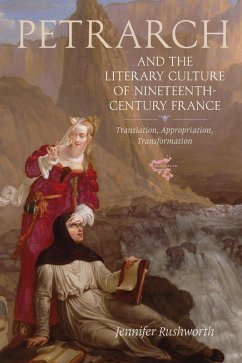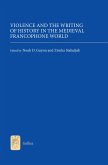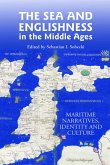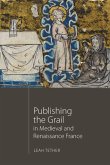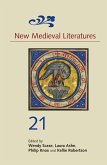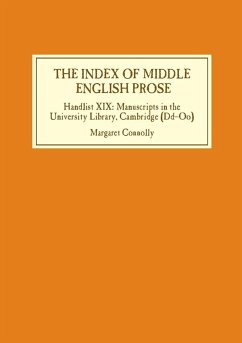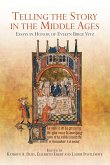A consideration of Petrarch's influence on, and appearance in, French texts - and in particular, his appropriation by the Avignonese.
Was Petrarch French? This book explores the various answers to that bold question offered by French readers and translators of Petrarch working in a period of less well-known but equally rich Petrarchism: the nineteenth century. It considers both translations and rewritings: the former comprise not only Petrarch's celebrated Italian poetry but also his often neglected Latin works; the latter explore Petrarch's influence on and presence in French novels aswell as poetry of the period, both in and out of the canon. Nineteenth-century French Petrarchism has its roots in the later part of the previous century, with formative contributions from Voltaire, Rousseau, and, in particular, the abbé de Sade. To these literary catalysts must be added the unification of Avignon with France at the Revolution, as well as anniversary commemorations of Petrarch's birth and death celebrated in Avignon and Fontaine-de-Vaucluse across the period (1804-1874-1904). Situated at the crossroads of reception history, medievalism, and translation studies, this investigation uncovers tensions between the competing construction of a national, French Petrarch and a local, Avignonese or Provençal poet. Taking Petrarch as its litmus test, this book also asks probing questions about the bases of nationality, identity, and belonging.
Jennifer Rushworth is a Junior Research Fellowat St John's College, Oxford.
Was Petrarch French? This book explores the various answers to that bold question offered by French readers and translators of Petrarch working in a period of less well-known but equally rich Petrarchism: the nineteenth century. It considers both translations and rewritings: the former comprise not only Petrarch's celebrated Italian poetry but also his often neglected Latin works; the latter explore Petrarch's influence on and presence in French novels aswell as poetry of the period, both in and out of the canon. Nineteenth-century French Petrarchism has its roots in the later part of the previous century, with formative contributions from Voltaire, Rousseau, and, in particular, the abbé de Sade. To these literary catalysts must be added the unification of Avignon with France at the Revolution, as well as anniversary commemorations of Petrarch's birth and death celebrated in Avignon and Fontaine-de-Vaucluse across the period (1804-1874-1904). Situated at the crossroads of reception history, medievalism, and translation studies, this investigation uncovers tensions between the competing construction of a national, French Petrarch and a local, Avignonese or Provençal poet. Taking Petrarch as its litmus test, this book also asks probing questions about the bases of nationality, identity, and belonging.
Jennifer Rushworth is a Junior Research Fellowat St John's College, Oxford.
Dieser Download kann aus rechtlichen Gründen nur mit Rechnungsadresse in A, D ausgeliefert werden.

